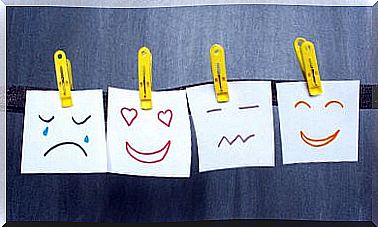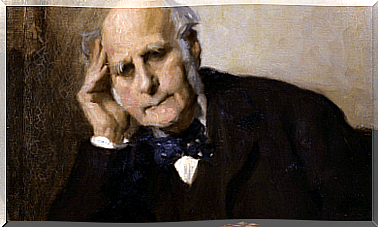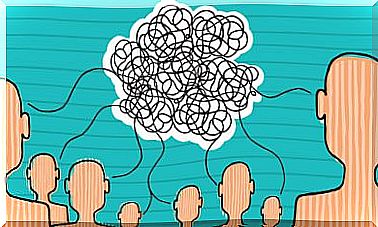The Aladdin Factor And Our Ability To Be Taken Into Account By Others

The Aladdin factor is a concept that defends that we do not see many of our wishes fulfilled because we do not make requests. We underestimate the likelihood that people will say “yes” when we ask for a favor. We underestimate the “Aladdin factor” of being granted what we ask for.
Studies have shown that people are not overly confident that others are willing to fill out questionnaires given to them, donate to a charity, or just listen to what we have to say.
Have you ever needed something from a stranger? Did you need to borrow her phone, ask for directions, or give her a hug as part of an elaborate scavenger hunt? Those moments can be filled with doubts and we often expect the worst. But are we right?
New research shows that we underestimate ourselves and fear the worst when it comes to asking people for a favor. Recently, Vanessa Bohns presented a summary of her research on this topic and it paints a more hopeful picture of our ability to influence than we usually do.

The Aladdin factor: the desire to order a mobile phone
Let’s say you needed to borrow someone’s mobile phone. Do you need a story to justify it? Well, you did the whole bus ride listening to old episodes of your favorite youtober podcast. The battery is drained and you have to call your friend so he can pick you up. Is the Aladdin factor on your side? According to him, you just have to ask.
In one study, researchers asked people a similar question. However, participants estimated earlier how many people they would have to approach before 3 people agreed to lend them their phones. On average, the participants assumed they would have to ask 10 people.
That’s when the participants came out and tried to get three people to lend them their phones. This way, we can see if they were accurate in their guesses.
As a result, it only took about an average of 6 people to get 3 people to lend their cell phones. In other words, people underestimated how willing other people would be to help them.
The Aladdin factor: what if you ask a somewhat embarrassing favor?
Okay, so people are more willing to lend us their phones than we would expect, but how far does the kindness of people go? What if we have to ask people to do something ethically questionable?
In another study, Bohns and his colleagues considered a more serious event in American society: spoiling a book in a library.
Participants in this study learned that their job was to get someone to write the word “pickle” in a library book. Regrettable? inexplicable? Well, all of the above. Their strategy would be to say that they were playing a prank on someone, but that they needed the word to be spelled with a letter other than their own.
As with the telephone study, the researchers asked participants to try to predict the number of people they would have to approach before getting 3 people to agree to “shred” the library book. On average, participants guessed they would have to approach about 11 people before getting 3 people to agree.
Then they went out and tried to get people to write in the book. They were met with reactions like “Do I have to destroy this book? Are you sure? It is a good book!”.
In contrast to their expectations, the number of people other than those who had to petition to achieve their purpose was 5. Once again, people’s estimates erred as pessimistic.
The Aladdin Factor: Why Are We So Wrong About The Power To Ask?
Well, we have seen that we underestimate the possibilities of a person helping us. But why are our predictions so off? At least part of the problem is that we forget how awkward it can be to say “no” to someone.
If you were approached and asked to sign my petition to promote environmentalism, you might feel nasty if you said no. You can feel that you offend the other, implicitly telling them that you do not agree with their values.
As Bohns puts it: ” many people agree to things, even things they would rather not do, simply to avoid the considerable discomfort of saying no .”
However, even though this is the fact, we tend not to think about it. In fact, the less we consider how uncomfortable it is to say “no” to someone, the more we are wrong in our estimates.

Do not let them guess your wishes, better formulate them
If you want your wishes to come true, go for it. These are anecdotal examples, but in real life our goals and multiple negative responses will always be found along the way. Having it is part of life. In the case of commercials and their sales objectives, it is clear that they always have the “no”.
But beyond the negative, there will always be people who have a main barrier in giving a resounding “no” without letting the other person speak.
This communicative ability allows us not only to explore what interests us or not, but to put our assertiveness into practice. In this sense, let the genie of the lamp be not so fortune teller so that our wishes are fulfilled.









